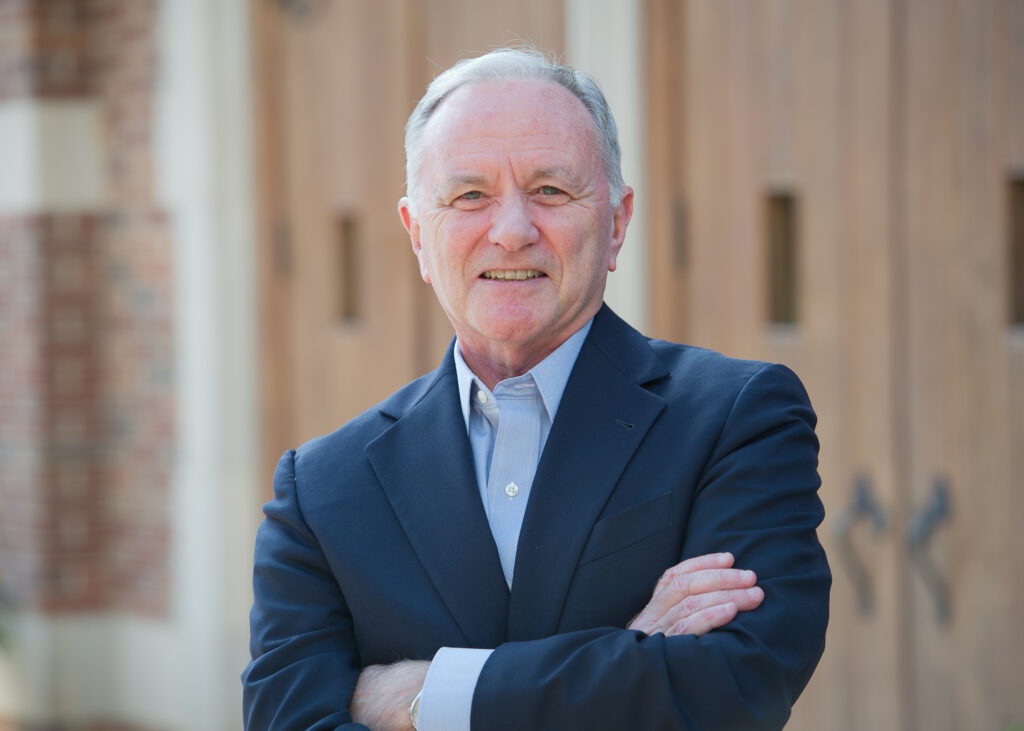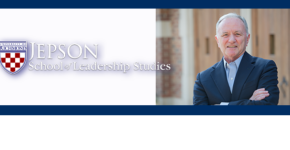 On Jepson School of Leadership Studies Week: Did our Founding Fathers plan for the best or the worst?
On Jepson School of Leadership Studies Week: Did our Founding Fathers plan for the best or the worst?
Kenneth Ruscio, senior distinguished lecturer of leadership studies, looks into this question.
Kenneth Ruscio, is a Senior Distinguished Lecturer in the Jepson School of Leadership Studies at University of Richmond. An expert on democratic theory and public policy and author of The Leadership Dilemma in Modern Democracy, he teaches courses focused on democracy, its history and principles, political leadership, and how these topics are used to interpret the current state of affairs in American democracy.
The Founders Hoped for the Best and Prepared for the Worst
James Madison famously wrote in The Federalist Papers that “the aim of every political constitution is, or ought to be, first to obtain for rulers men who possess most wisdom to discern, and most virtue to pursue, the common good of society.”
Though democracy places its faith in the people, our Founding Fathers understood that leadership of “the people” is essential. The Founders strongly believed that those entrusted with authority, responsibility and power needed good minds, good heart, wisdom, virtue, and a commitment to a common good.
It’s clear in historical writings that Madison, along with fellow Federalist paper authors Alexander Hamilton and John Jay, knew “enlightened statesmen would not always be at the helm.” They sought to remedy that fact with a carefully designed framework of government where “ambition must be made to counteract ambition.” In short: Power had to be limited.
The often-overlooked John Jay, a seasoned diplomat, explains why the Constitution’s provisions for negotiating and approving treaties were sound, even when critics thought too much power had been granted to the executive branch. Delicate discussions with foreign entities required secrecy and flexibility. Wise and experienced administrators would have to be granted a degree of trust.
At the same time, while explaining why officials deserve trust, Jay advised the skeptics not to worry by pointing out that the fear of impeachment would serve as a good source of punishment and disgrace to motivate “good behavior.” If leaders do violate the trust of the people, the Constitution provides the remedy.
The founders hoped for the best, but prepared for the worst.

Comments
One response to “Kenneth Ruscio, University of Richmond – The Founders Hoped for the Best and Prepared for the Worst”
It is with a strong sense of irony that I read the last paragraph and heard Prof. Ruscio read the phrase ” fear of impeachment would serve as a good source of punishment and disgrace to motivate ‘good behavior.’”
My sense of the present moral environment of our nation is that shame or fear of shame, being publicly perceived as having no personal integrity or honesty, is “out of fashion.” Our most recent national foray into this Constitutional deterrent would seem, sadly, to bear that perspective out.